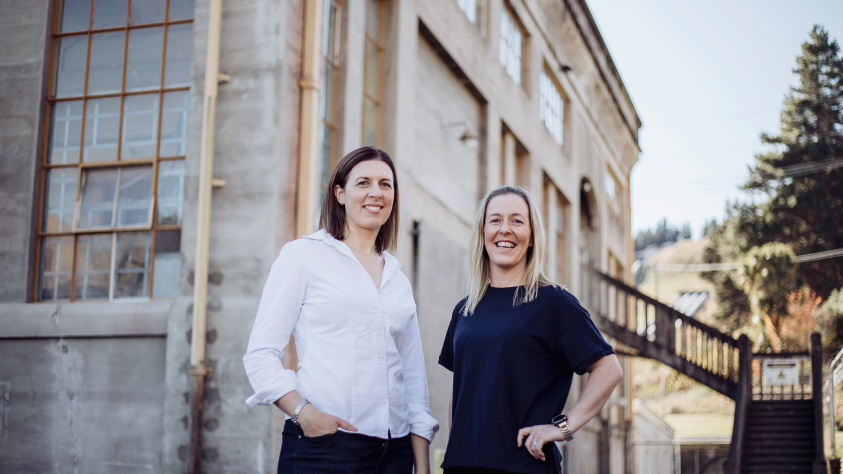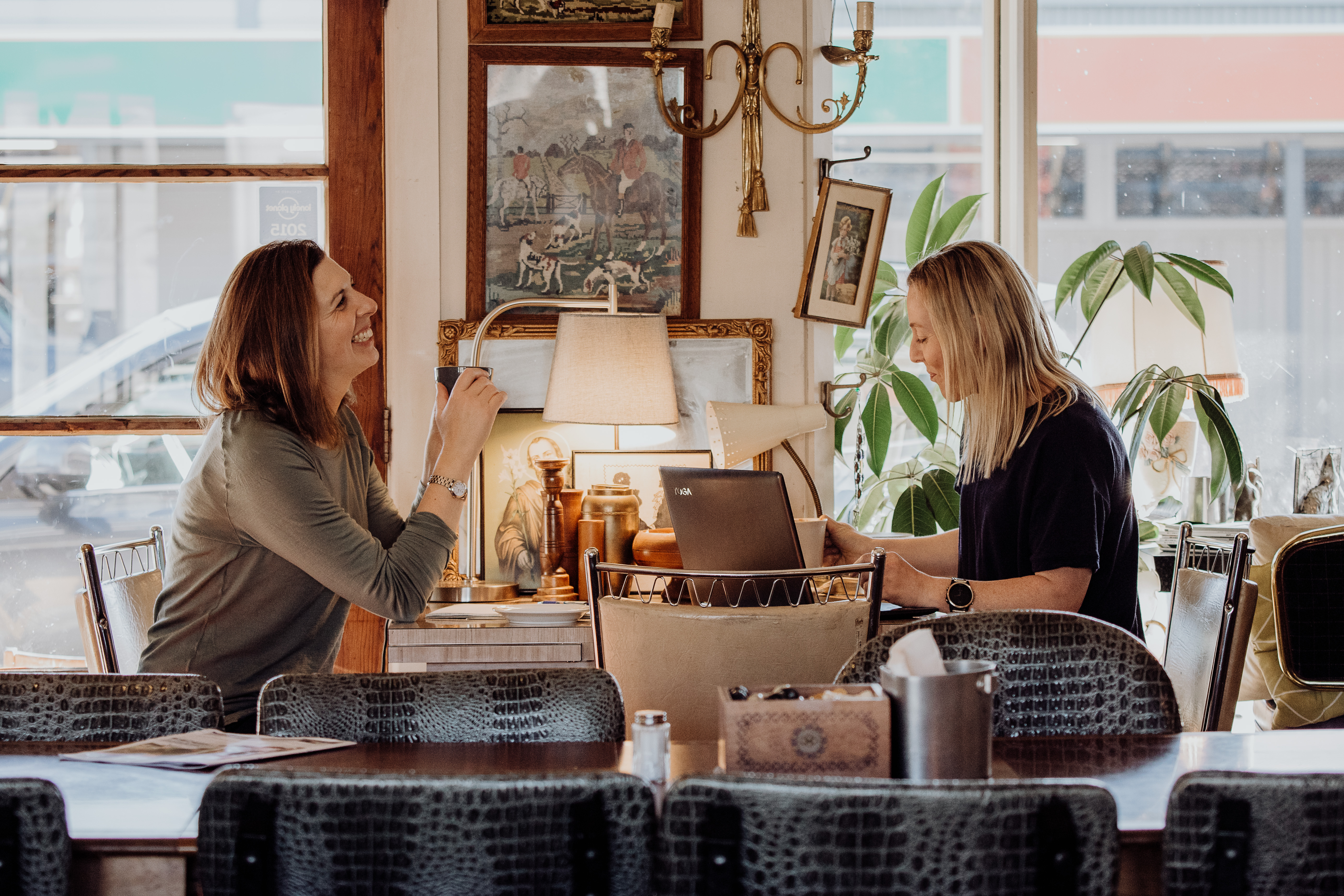Practising in the regions: A view from the scenic south

LawTalk speaks to two practitioners in Methven who have embraced the opportunities of the ‘New Normal’ and set up an innovative practice in the small South Island town.

When Olivia Fitzgerald and Madeleine Henderson decided to set up a new practice amid a global pandemic, their peers reacted cautiously. Fast forward 18 months, and not only have they shown it can be done successfully but in a way that rewards and enriches their own lives and those around them.
The Coleridge Law story is a new one with firm foundations in family and community. For these two rural Cantabrians, the establishment of their Methven practice is the culmination of a long-held belief that there was a growing market for a law practice based permanently in the town.
Madeleine is quick to point out that since taking a “leap of faith,” their former colleagues and cohorts have been exceptionally generous in their support of Coleridge Law.
Being “it” has both advantages and drawbacks, says Madeleine. “Clients enjoy having a direct line to the person doing the work and that one-on-one relationship.” It does mean that tasks such as research and documentation also need to be fulfilled by that same person. The duo considers this a small price to pay for the flexibility and enviable work-life balance they have managed to achieve in their business. “How we manage and communicate with clients may sometimes look different to clients’ experiences with bigger firms, but this is also part of the charm that comes with working in a community and for ourselves,” says Olivia.
While Madeleine is the “early morning person” and Olivia the “night owl,” the Coleridge Law service manages to span a substantive workday. True to the spirit of the special place that is the backdrop to their work, Madeleine quickly points out that the workday might look a little different on a “bluebird day.” On these days, their clients may also be found carving an early morning run on the slopes of Mount Hutt. Balancing work with lifestyle and family is the ‘raison d’être’ of Coleridge Law, who are not bound by the traditional 9 – 5 workday.
“How we manage and communicate with clients may sometimes look different to clients’ experiences with bigger firms, but this is also part of the charm that comes with working in a community and for ourselves”
At Coleridge Law, the office takes the “new normal” hybrid model to new heights. With dedicated workspaces for both partners at their respective homes, Coleridge Law conducts meetings during “office hours” at a hired space in town, including one hour a week where locals have a place and time for document signing and “to pop in” in lieu of a reception. Coleridge Law conducts business when and where it suits the clients outside of these venues. While there is much talk about how a global pandemic has shaped the workplace and habits, starting a business during a global pandemic meant that what is the “new normal” for others is the “only normal” Coleridge Law has operated in.
Keen adopters of time-saving technologies, Madeleine and Olivia have also found plenty of scope to be squeezed from existing and formerly under-utilised platforms. These include social and conversational channels such as WhatsApp. Likewise, online meetings became the norm that launched Coleridge Law. Efficiencies are stepped up using Cloud-based technologies, with the phone being the most “overused” piece of equipment in the business.
Olivia says starting when they did meant no major adaptation was required. “We simply started in that environment and have continued with what works best for us and our clients.”
Since starting Coleridge Law, Madeleine and Olivia continue to be surprised at both the volume and range of work in the local area. There was a sense of intrigue about the number of international transactions that came their way due to Methven being a tourist hotspot, and local agents continue to be an excellent source of property referrals. Olivia comments that for some colleagues in the profession, there may be a perception that work in the regions can be limiting, both in scope and value. “This is not the case. We enjoy a great range of work and have been pleasantly surprised at the value of this work.” While there is a more “general practice” element to Coleridge Law, both Olivia and Madeleine have found that there is demand for their specialty skills within the region. “We still get to do really good deals.”

Some of the work undertaken is distinctly rural such as succession work for family farms. Madeleine believes that the way legal services have been delivered in the rural sector can be made to work better for both lawyers and clients. Pointing to how rural banking and insurance companies conduct their business, Madeleine has paved the way in her community to deliver legal services quite literally to the farm gate.
Describing Coleridge Law as a “modern practice with classical values,” Madeleine speaks warmly of the “collegiality” that comes with being the “local lawyers.” Community is at the heart of Coleridge Law, so it is no surprise that giving back to the community by supporting local schools, groups and events is central to the Coleridge Law ethos.
Olivia says that while their work practices are modern, marketing in a local and largely rural community is very much about networking, and that takes on an organic approach. A monthly ad placement in the local newspaper prompts a spike of enquiries, but it is mainly about human and day-to-day connections.
Madeleine and Olivia are strong advocates for colleagues in the profession looking to make a move to the regions. Madeleine points to regional professional development and regulatory programmes, such as ‘Stepping Up’, being held online in a webinar format as hugely helpful to getting Coleridge Law up and running.
“It has been a very satisfying career move,” says Olivia, who believes the Coleridge Law model that they have established is most likely the only way that she can combine rural living, family commitments and continuing to work in a profession for which there is an evident passion.